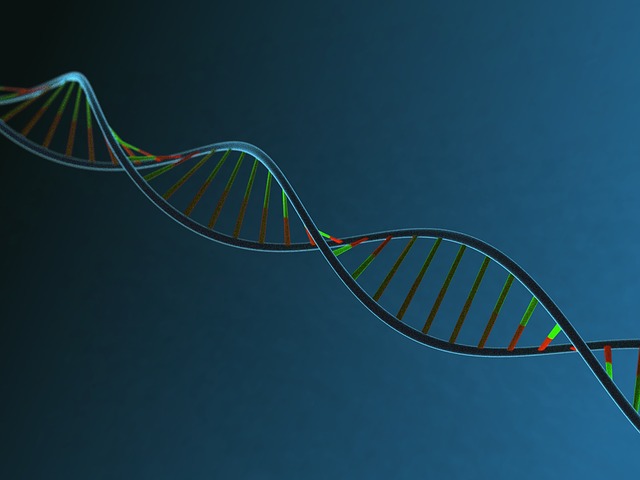A recent Canadian study reveals shaky links between human genetics and disease risk prediction.
Genome-wide association (GWA) studies are a relatively new approach to identify genes involved in human disease. GWA studies involve scanning the entire human genome for specific variations called single nucleotide polymorphisms (SNPs). Highly significant SNPs will occur more frequently in people with the disease than people without the disease, suggesting a contributing role in disease etiology. Since the first GWA study conducted in 2005, GWA studies have helped define the genetic basis of hundreds of complex diseases (such as diabetes) and phenotypes (such as body mass index or hair colour).
While the importance of GWA studies cannot be understated, the extent to which GWA study-identified SNPs can be used to predict disease risk remains unclear. It is difficult to compare the performance of GWA study-derived SNPs to biomarkers identified by non-GWA studies such as clinical, metabolomic and proteomic studies. Non-GWA studies typically report the predictive value of a biomarker using performance metrics such as receiver-operator characteristic (ROC) curves and area under the receiver-operator characteristic (AUROC) curves. ROC curves and AUROC curves indicate the ability of a biomarker test to distinguish between false positives and false negatives. In contrast, GWA studies typically report p-values and odds ratios for individual SNP markers to describe the likelihood that two alleles are significantly different between cases and controls.
To address these differences, researchers at the University of Alberta developed software to standardize biomarker reporting between GWA and non-GWA study-derived risk predictors. The team, led by Dr. David Wishart, professor at the University of Alberta’s Department of Biological Sciences and the Department of Computing Science, created a tool called G-WIZ to calculate ROC curves and AUROC curves from publicly available GWA study data. Using this data, the team assessed the ability of GWA study-derived SNPs or a combination of SNPs to predict disease risk and traits. The results were published in the journal PLOS ONE.
For the analysis, multiple SNPs were combined to create a multi-SNP risk predictor for each GWA study. They found that the average AUROC for a GWA study-derived multi-SNP risk panel was low, measuring at only 0.55 whereas most clinical, metabolite or protein-based biomarkers had AUROCs greater than 0.7.
The researchers then compared the calculated AUROC values from GWA studies with the AUROCs reported in clinical, metabolomic and proteomic studies. It turned out that non-GWA study biomarkers were much better at predicting disease risk than the SNP biomarkers.
Likewise, the researchers determined that SNP information is not predictive for a majority of human conditions, which would suggest a low genetic contribution to disease risk.
According to Wishart, “Simply put, DNA is not your destiny, and SNPs are duds for disease prediction. The vast majority of diseases, including many cancers, diabetes, and Alzheimer’s disease, have a genetic contribution of 5 to 10 percent at best.”
Five conditions that showed a high genetic component were age-related macular degeneration, celiac disease, progressive supranuclear palsy, craniofacial microsomia, and black hair colour.
“Despite these rare exceptions, it is becoming increasingly clear that the risks for getting most diseases arise from your metabolism, your environment, your lifestyle, or your exposure to various kinds of nutrients, chemicals, bacteria, or viruses,” explained Wishart.
“The bottom line is that if you want to have an accurate measure of your health, your propensity for disease or what you can do about it, it’s better to measure your metabolites, your microbes or your proteins–not your genes,” added Wishart. “This research also highlights the need to understand our environment and the safety or quality of our food, air, and water.”
Written by Cheryl Xia, HBMSc
References:
Patron, J., Serra-Cayuela, A., Han, B., Li, C. & Wishart, D. S. Assessing the performance of genome-wide association studies for predicting disease risk. PLoS ONE 14, e0220215 (2019).
Willis, K. Your DNA is not your destiny — or a good predictor of your health. EurekAlert! (2019).
Image by Thor Deichmann from Pixabay



